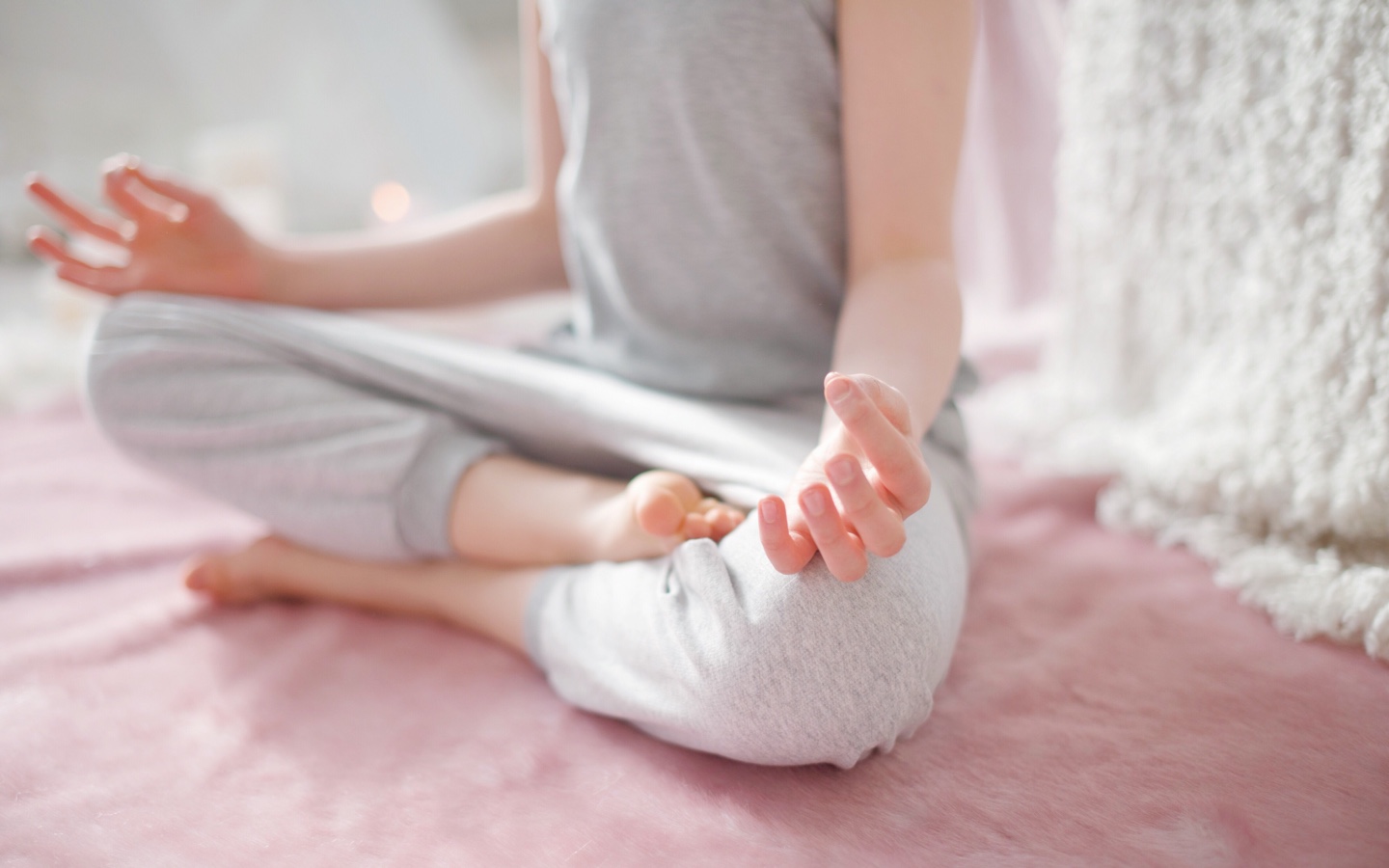It’s safe to say that even the calmest among us experience feelings of stress from time to time. Whether you’re sweating over an upcoming promotion or fretting about hosting your extended family for Thanksgiving, your sweaty palms, increased heart rate, trouble sleeping, and fatigue aren’t random—they’re symptoms of stress.
We all have it, but increasingly, more and more of us are experiencing stress at increased rates due to several factors including financial insecurity, the demands of jobs and side hustles (that command the majority of our attention), and the ever-present 24-hour news cycle. With the realities of the world always at our fingertips, it’s hard to imagine how anyone could relax. Add the pressures that come with the holiday season, and it’s easy to see why nearly half of U.S. adults report increased stress in their daily lives over the past five years (source).
But pressure isn’t something that should be written off — in fact, those living with chronic stress could be at an increased risk for disease and illness. Why? When you experience chronic stress, your body is stuck in fight or flight mode, always at high alert for a perceived “threat”. In prehistoric times it helped us survive attacks from actual predators. In today’s day and age, we end up in this state due to our demanding workloads and never-ending responsibilities. And that constant feeling of being on high alert means our cortisol levels are at an increase, our heart rates are up, and our bodies are ready to spring into action—even if we’re stuck behind a desk.

What do the physical manifestations of stress look like? Do any of these sound familiar…
- Fatigue
- Muscle tension
- Headache
- Dizziness
- Change in sex drive
- Upset stomach
- Weight gain
And the list goes on.
For many of us, we become so accustomed to these symptoms that we chalk them up to everyday life, but it doesn’t have to be this way! Managing stress is often the first step in transitioning to a healthier, happier lifestyle. Unfortunately, taking those first steps can be difficult, especially if you’re someone who has grown accustomed to living life at top speed.
Managing your stress isn’t something that should be ignored. Once you get it under control, you’ll likely experience improvements across the board — from your home life to your work performance. Now, who wouldn’t want that?
With the holiday season approaching, now is the time to manage your stress naturally, so you can enjoy your time with family and friends alike. And the good news is that the first step towards stress management is accessible and actionable. To help you get started, we’re sharing five of our best practices to naturally manage stress:
#1 — Adaptogens
We’ve seen the word adaptogen thrown around a lot over the past several years, but what exactly are adaptogens? In short, an adaptogen is a compound that works with your body to help it adapt to different situations — especially when it experiences stress. One of our favorite adaptogens for stress management is ashwagandha. This plant has been used for over 3,000 years in Ayurvedic rituals, one of the oldest forms of medicine in the world. Ashwagandha is often found in powder form and comes from a root. Bitter-tasting, ashwagandha may support balanced cortisol levels, improve your mood, and your stress levels could benefit from it. What’s our favorite way to take it? Because of its strong flavor, ashwagandha is best taken in supplement form or mixed into coffee. Some organic teas even include it in their blends! If you’d like to mix more adaptogens into your daily intake, read about the benefits here.

#2 — Movement
Feeling stressed? Anxious? Get outside! Yes, your mother was right, fresh air will do you some good. Even low-intensity exercise, like walking, yoga, and gardening, can reduce stress levels. How? Exercise reduces levels of the body’s stress hormones, adrenaline and cortisol, and releases endorphins, chemicals in the brain that act as natural pain reducers and mood boosters. By reducing stress hormones and increasing endorphins, you end up feeling better, and we all know it’s good for you!
If you can’t get in a major workout every day, that’s ok! Even a short walk outside during your workday can support your wellbeing. Always remember to start where you are and build over time.
#3 — Meditation
Could the simple act of breathing help reduce stress? Yes! Turns out, simply sitting with your breath in a daily meditation practice can help support better stress levels and keep you calm overall. Practiced for thousands of years for about as many reasons — from relaxation to spiritual — meditation is used by many to bring about a deep state of relaxation, and with it, stress reduction. Don’t know where to start? Try our tips for easy ways to incorporate meditation into your every day.

#4 — Connect with others
Although we’re more connected on our devices than ever before, more and more of us are left feeling as disconnected. These feelings of loneliness can only exacerbate chronic stress, especially if we’re always telling ourselves that works comes first. But connecting with others and forming bonds is crucial to our health and wellbeing! What would we do if we didn’t have friends or family to vent to after a particularly frustrating day at the office, or when a big deadline looms? Instead of keeping it all bottled up, schedule time with friends to take a walk or grab a coffee. Stepping away from a stressful situation can often provide the space you need to see a problem or challenge from a different light. This helps clear that path to understanding the issue at hand from a new angle!
#5 — Practice self-care
We’re not just talking face masks, we mean real self-care. Make your doctor’s appointments, find a therapist if you think it will help, log off your computer at a decent hour, and go to bed early. Although this real, true self-care is often hard to put into practice (especially if you’re a workaholic), it can be the most beneficial of all the natural ways to relieve stress. In short, self-care is a way to set boundaries and care for yourself as you would a friend or family member. After all, it’s hard to be your best self if you’re sick and burnt out. Take the time that you need to put your health and wellbeing first!

How do you manage stress in your everyday life? Share your healthy habits with us on social at @AvocadoMattress and #AvocadoGreenMagazine!

Shop Pillows
The Essential Organic Pillow Collection
Gentle, breathable, non-toxic support.






